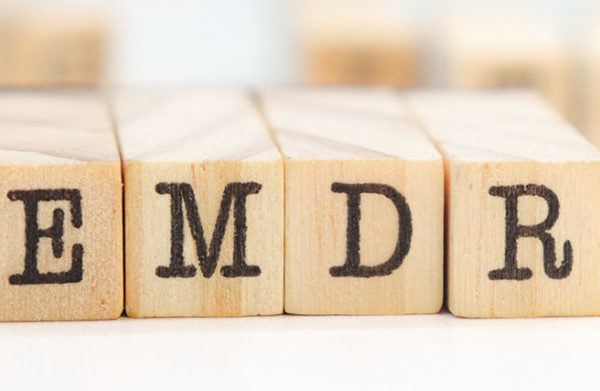
SHA Magazine Health & Beauty
Personal development and leadership: essential skills to maintain balance
A good leader is a master of emotions – both his own, and those of his team. Emotional intelligence and soft skills are tools that are highly valued by companies; that allows them to understand and manage emotions in a way that does not harm professional objectives.
Leadership implies knowing one’s own emotions, knowing what each one of them means and learning to control and use them in favour of the common objective and to motivate the team.
Self-knowledge and self-control are two qualities that are cultivated after introspection on the part of the leader. It is crucial to know oneself in order to act at critical moments, or in stressful moments. In addition, self-knowledge helps to be motivated to encourage the rest of the team. In 1988 American psychologist, David McClelland, analysed more than 30 organisations and concluded that those with leaders with emotional intelligence skills had exceeded their annual revenue targets by 15-20%.
An important and highly valued part of self-control is that which relates to emotions. A quality that helps people not to be prisoners of their feelings. A good leader should not let his or her emotions guide him or her, but approach challenges from an analytical point of view to reflect on their reasons, causes and consequences and present a suitable solution.
Of all the qualities that make up emotional intelligence, empathy is the most recognisable. It is defined as the ability to put oneself in the place or situation of another person, but it does not mean taking ownership of other people’s emotions. It is a balance between solidarity and reasonableness. Active listening will help employees work better and build trust in the company.
To listen to others, you need to have developed social skills. Some call it people skills. Normally, those who possess this characteristic tend to arouse sympathy in others and have a wide circle of friends and acquaintances. This network is very beneficial and can be of great help in many situations.
In summary, a leader who is emotionally intelligent means that he or she can maintain control under stressful situations, but this implies being in balance. Both their personal and professional lives are equally fulfilling and satisfying, which is key to their personal and professional development. Achieving that balance in life is essential to be healthy, fulfilled and happy. In fact, happiness, rather than a state of peak intensity, is a state of serenity and balance.
One of the recurring problems for many leaders is the feeling that they are working around the clock. Digitalisation has streamlined work and boosted efficiency, but it has also blurred the boundaries between work and leisure and brought the feeling of always being available and connected.
A study by the Universidad Anáhuac (Mexico) provides these tips for balancing personal and professional life:
- Disconnect: Switch off your phone at certain times. For example, when we are with family, or to mark the end of a working day.
- Don’t be perfectionists: We must welcome excellence, which is not perfect, but it is enough. Perfection is the enemy of the possible, is a well know expression.
- Do not waste time: we must prioritise activities and distinguish between those that are necessary and those that are dispensable, optimising our time.
- Divide our goal into small tasks. This will make it easier to acquire new habits; visualising the whole task can feel overwhelming.
- Meditate and practice physical exercise: Take a few minutes every day, in the morning or in the evening, to exercise the body and calm the mind. The aim is to awaken the parasympathetic nervous system and get the body moving, while releasing stress.
Today protecting one’s personal life almost feels like a full-time job. You must learn to say “no” in order to take manage the balance and privacy. It is also good to organise your time so that you can plan and protect your free time. Sociologist Betsy Jacobson says that balance is not better time management, but better boundary management: “Balance means making choices and enjoying those choices”.





